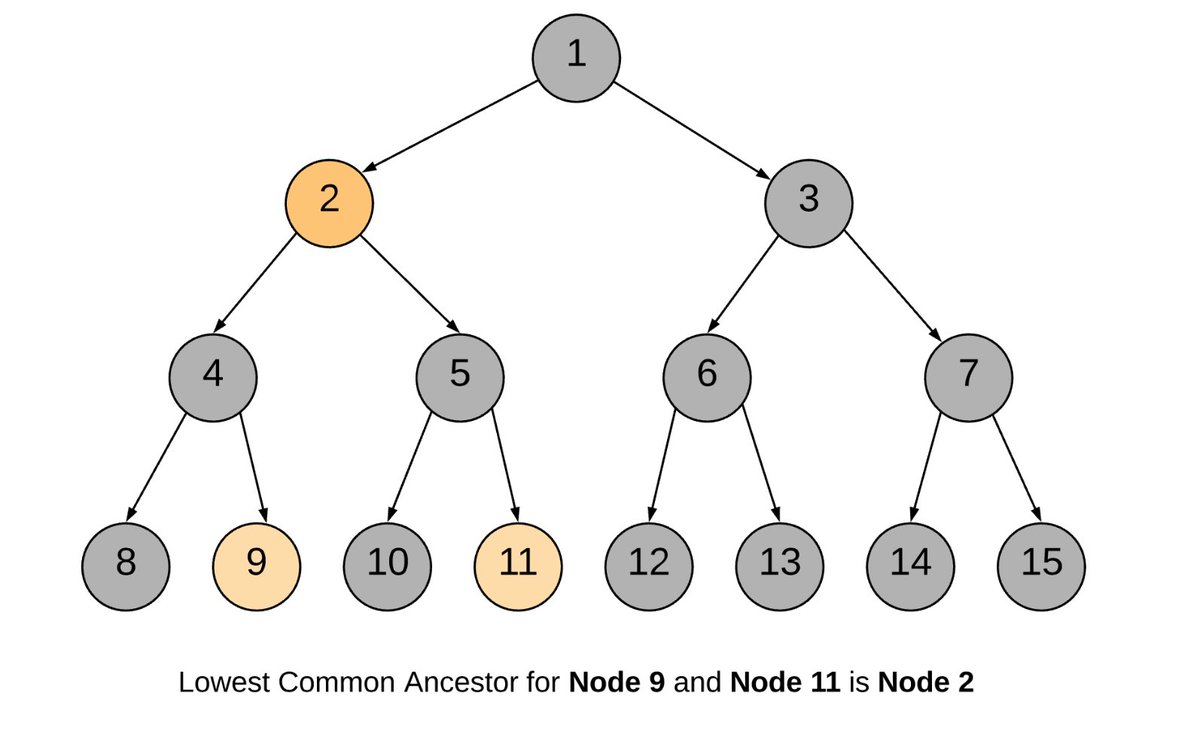
Current social networks don't have great tools for dispute resolution. They're a combination of anarchy (people yelling) and tyranny (arbitrary deplatforming).
An alternative approach is a global moderator hierarchy. In the event of dispute, the lowest common ancestor mediates.
An alternative approach is a global moderator hierarchy. In the event of dispute, the lowest common ancestor mediates.

The moderator hierarchy: a possible implementation
- founder is moderator 0
- founder sets up initial hierarchy, appoints mods 1-N
- mods recruit new users
- new users choose a mod upon signup
- new users can be promoted to mod
- mods are comp'd via token
1729.com/network-union
- founder is moderator 0
- founder sets up initial hierarchy, appoints mods 1-N
- mods recruit new users
- new users choose a mod upon signup
- new users can be promoted to mod
- mods are comp'd via token
1729.com/network-union
Choosing a mod has aspects of both friending & following.
Like following, it's asymmetric: when A moderates B, A has privileges that B does not.
But like friending, it's symmetric: you may require both A *and* B to opt in for A to take on the responsibility of moderating B.
Like following, it's asymmetric: when A moderates B, A has privileges that B does not.
But like friending, it's symmetric: you may require both A *and* B to opt in for A to take on the responsibility of moderating B.
A moderator hierarchy makes the implicit dispute resolution process of a social network explicit. That has pros and cons.
I touched on this topic in a recent podcast; see the part on implicit vs explicit org charts.
joincolossus.com/episodes/85214…
I touched on this topic in a recent podcast; see the part on implicit vs explicit org charts.
joincolossus.com/episodes/85214…
A seemingly paradoxical idea is that greater decentralization may allow greater centralization.
If you can exit at any time, you may be more willing to delegate control on a daily basis to a centralized actor. Trust because you don't have to trust.
If you can exit at any time, you may be more willing to delegate control on a daily basis to a centralized actor. Trust because you don't have to trust.
https://twitter.com/balajis/status/1218055365272707072?lang=en
These ideas are old. You can call it unbundling followed by bundling, as early Netscape did. Unbundle via decentralization, rebundle via centralization.
From a different perspective, Freeman wrote about this years ago in The Tyranny of Structurelessness. jofreeman.com/joreen/tyranny…
From a different perspective, Freeman wrote about this years ago in The Tyranny of Structurelessness. jofreeman.com/joreen/tyranny…
We're in the pre-Code of Hammurabi era of social media.
Right now, digital governance is some combination of blue checks, online mobs, and platform bans.
But clear written laws ("15 day suspension if you do X") and a mod hierarchy might be the next step.
history.com/topics/ancient…
Right now, digital governance is some combination of blue checks, online mobs, and platform bans.
But clear written laws ("15 day suspension if you do X") and a mod hierarchy might be the next step.
history.com/topics/ancient…
• • •
Missing some Tweet in this thread? You can try to
force a refresh







